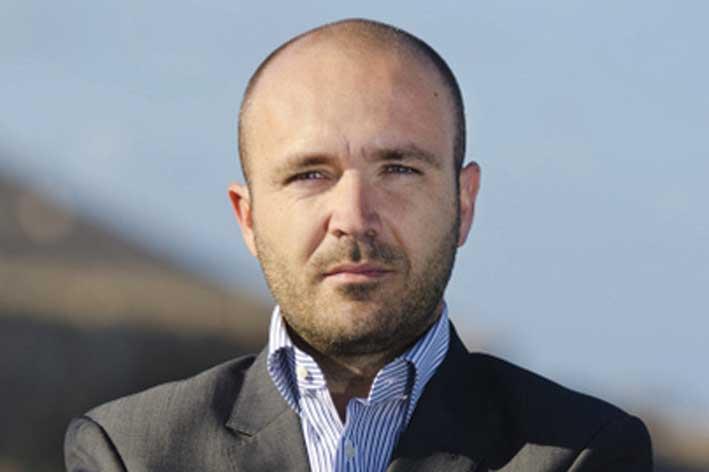The migrant rescue ship run by NGO Proactiva Open Arms this evening arrived in the Sicilian port of Pozzallo, where it disembarked the three Libyan migrants who were rescued at sea earlier this week.
The vessel had been refused entry by both Malta and Italy and had been left stranded in international waters for two days.
Speaking to The Malta Independent today, Head of Mission of Proactiva Open Arms Riccardo Gatti explained how the three men ended up stranded in the middle of two territorial waters following a diplomatic tug-of-war between Malta and Italy. "We are expecting official confirmation from the Italian authorities to allow the migrants in. I hope it will all end by tomorrow or sooner," Gatti told this newspaper early this afternoon.
He explained that the three Libyan migrants were rescued in the Maltese Search and Rescue Zone but not in Maltese territorial waters. It appears the migrants were running for their lives, having been threatened in their own counry. All were in good health.
"When we picked them up, we contacted the Italian and Maltese authorities and both denied us entry," Gatti said. He dealt with the Maritime Rescue Coordination Centre in Rome but with little success.

Earlier today, a spokesperson for the NGO told The Malta Independent that the boat was just outside Sicily, awaiting for instructions by the Italian authorities. The vessel docked in Pozzallo in the evening. It had already approached Pozzallo on Tuesday but was turned back.
The Maltese authorities did the same with Deputy Prime Minister Chris Fearne saying that Malta has every right to refuse the migrants.
The boat was originally headed towards Lampedusa. It was diverted to Malta after the Italians believed that the NGO involved in the rescue operation, failed to comply with the most recent code of conduct.
Posting on Twitter, this same organisation said that a second vessel they operate received warning shots from the Libyan Coast Guard. A video of the incident was posted on their Twitter account.

Aditus Reaction
"We are appalled at the way Italy and Malta treated the migrants and crew aboard the vessel Golfo Azzurro. Relying on restrictive and questionable interpretations of legal obligations in order to deny disembarkation created an inhumane situation, achieving absolutely nothing but more human suffering and pain. It is unacceptable for States to behave in this manner, toying with the lives and security of people as they attempt to resolve their diplomatic disagreements.
Without access to complete information regarding the precise rescue location and procedures, we are not in a position to establish with certainty whether the recused migrants ought to have been disembarked in Italy or in Malta. However, we can say with certainty that under international human rights law and international maritime law disembarkation in Libya was an absolute non-starter. This would have exposed the rescued migrants to risks of loss of life or of serious human rights violations, an unacceptable resolution to the impasse.
It is now opportune to remind Malta of its several calls for solidarity in dealing with refugee flows. Malta was in the prime position to show solidarity with Italy, a State that has solely hosted hundreds of thousands of refugees and migrants. Malta could also have extended its solidarity to the three migrants who were in need of safety and, as days passed by, humanitarian assistance. Malta could have done the right thing. Instead it chose to abandon the migrants and crew to their fates out at sea, potentially for days.
Solidarity is not a one-way street. It requires long-term commitment to support whoever is in need, and whenever the need arises. We strongly urge Malta to revisit its understanding of the principle, and to distance itself from a migration policy based on self-interest and disregard for human life."